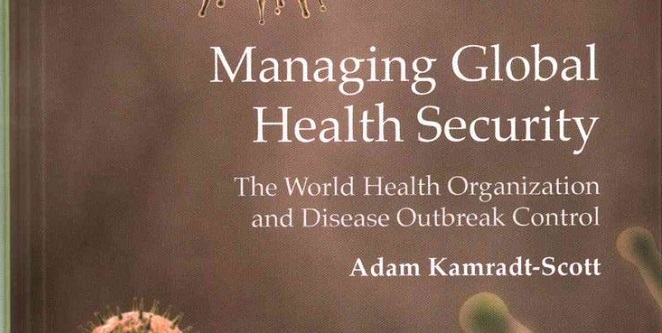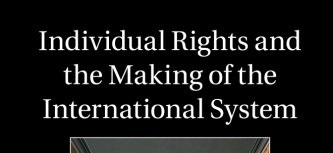Managing Global Health Security

While significant technological advances have been made in biomedical science since the end of the past century, we are still far from the prospect of a future free from health threats. Since the beginning of this century, we have witnessed outbreaks of life-threatening infectious diseases one after another including SARS, H1N1, H5N1, Ebola, MERS-CoV and the current Zika virus.
As the only intergovernmental health organisation, the primary mandate of the World Health Organization (WHO) is to pursue the goal of disease eradication. This book investigates the extent to which the WHO has fulfilled its disease eradication mission and has utilised the health-as-security discourse to reframe its public health mandate.
The first two chapters discuss the constitutional power of the WHO and how the organisation has sought to demonstrate its authority through various disease eradication initiatives. The next two chapters highlight the success of the WHO and its capacity to use a “naming and shaming” strategy to manage the 2003 SARS outbreak and the revision of the International Health Regulations (IHR) in 2005. The next chapter evaluates the organisation’s response towards health security post-SARS, focusing on the case of pandemic influenza. The final substantive chapter assesses the WHO’s securitisation of health issues and the legal and economic constraints on the organisation.
The most interesting section of the book is the author’s empirical studies of the WHO’s official documents in light of the Copenhagen School’s securitisation theory to analyse the WHO’s securitisation discourse. The UN still plays a key role in framing acute, fast-moving health issues as security threats, as seen in, for example, UN Security Council Resolution 2177 on the Ebola outbreak in 2014. There are, however, signs that the WHO secretariat has distanced itself from the health-as-security discourse in managing health issues post-SARS. This is evidenced by its unwillingness to adopt any security-related concepts and language to reframe its public health mandate. Instead, the discourse of the organisation is now focusing on “advancing universal health coverage”, “addressing non-communicable diseases”, or “implementing the IHR (2005)”.
There is still an ongoing lively debate within the WHO and among policymakers and academics on whether the organisation is merely a technical agency that should not provide direct services or if it has the responsibility or mandate to eradicate all kinds of infectious diseases. The organisation was once again at the epicentre of criticism during and after the 2014-2015 West African Ebola epidemics for its failure to respond fast enough and the lack of focus and capacity in providing the required international support and coordination during the outbreak. After Ebola, we now have Zika virus. The question is what should and could the WHO do in order to counter the ever-changing dynamics of infectious diseases and the growing frequency of contagious disease threats to global security in the 21st century? This book is highly recommended for those who are interested in the key role of the WHO in managing global health security.
Adam Kamradt-Scott, Managing Global Health Security: The World Health Organization and Disease Outbreak Control (New York: Palgrave Macmillan, 2015).
Lai-Ha Chan is a senior lecturer in the Social and Political Sciences Program, School of Communication, Faculty of Arts and Social Sciences, University of Technology Sydney. She is currently a visiting fellow in the Department of History, Politics and International Relations at Macquarie University and will take up a position of Fung Global Fellow at the Princeton Institute for International and Regional Studies at Princeton University from September 2016.




